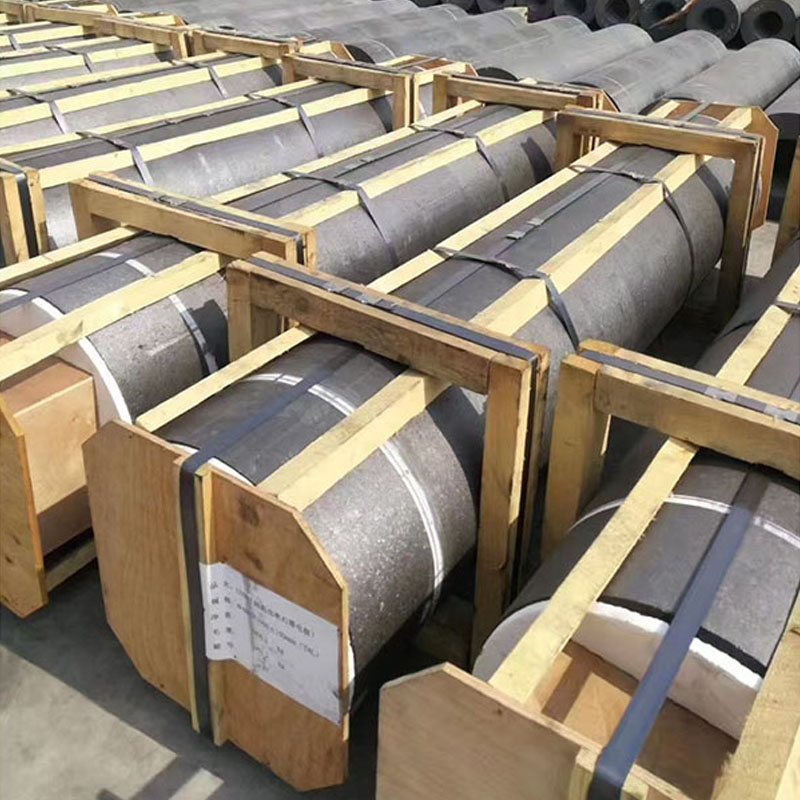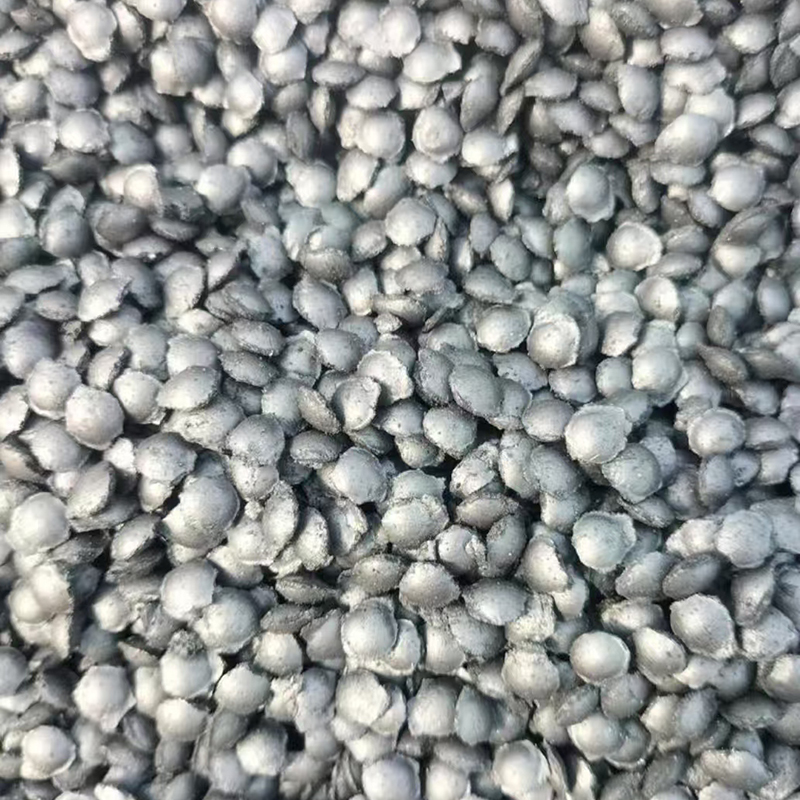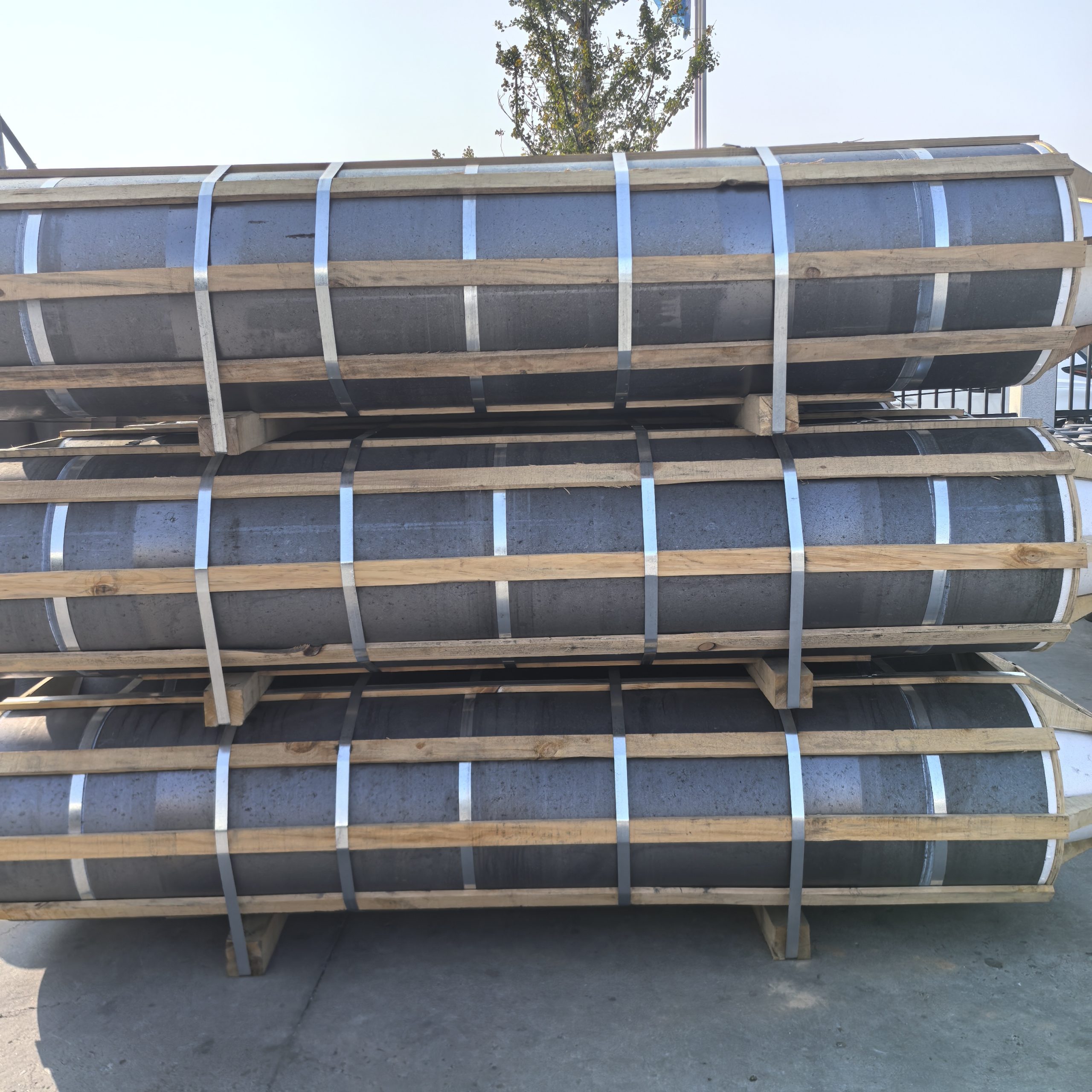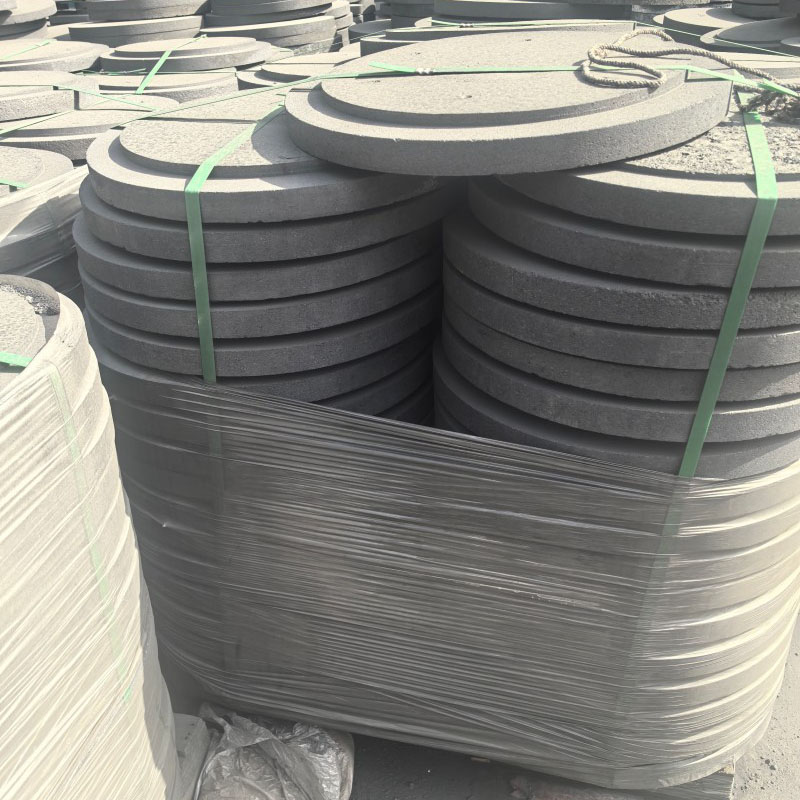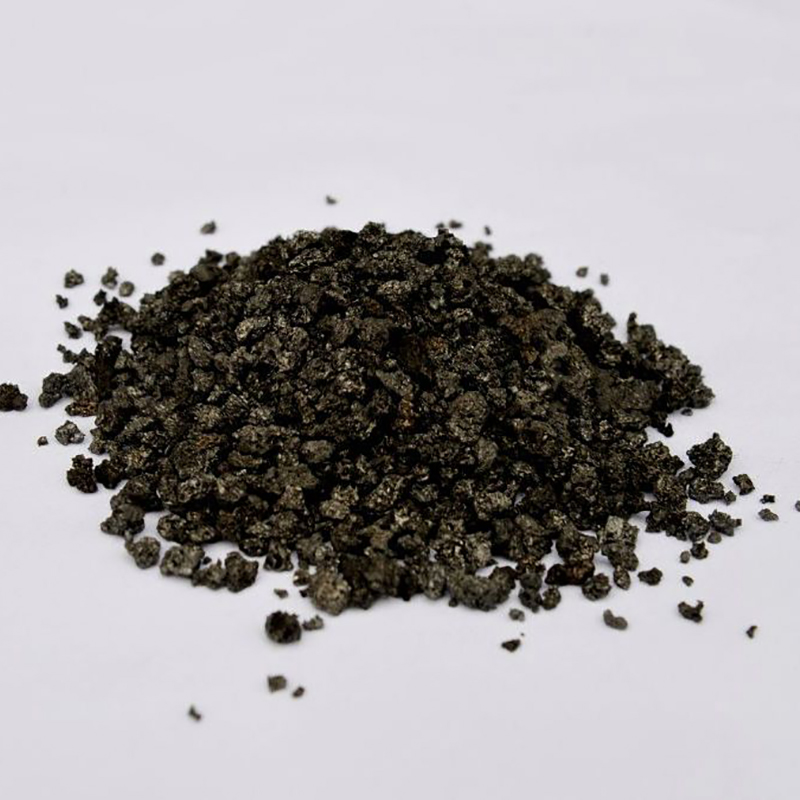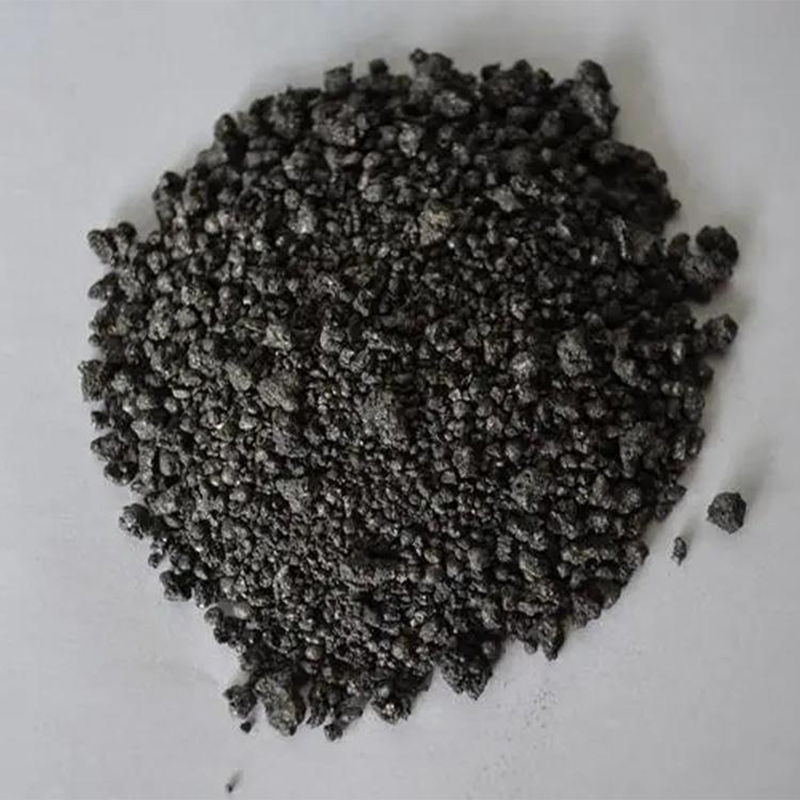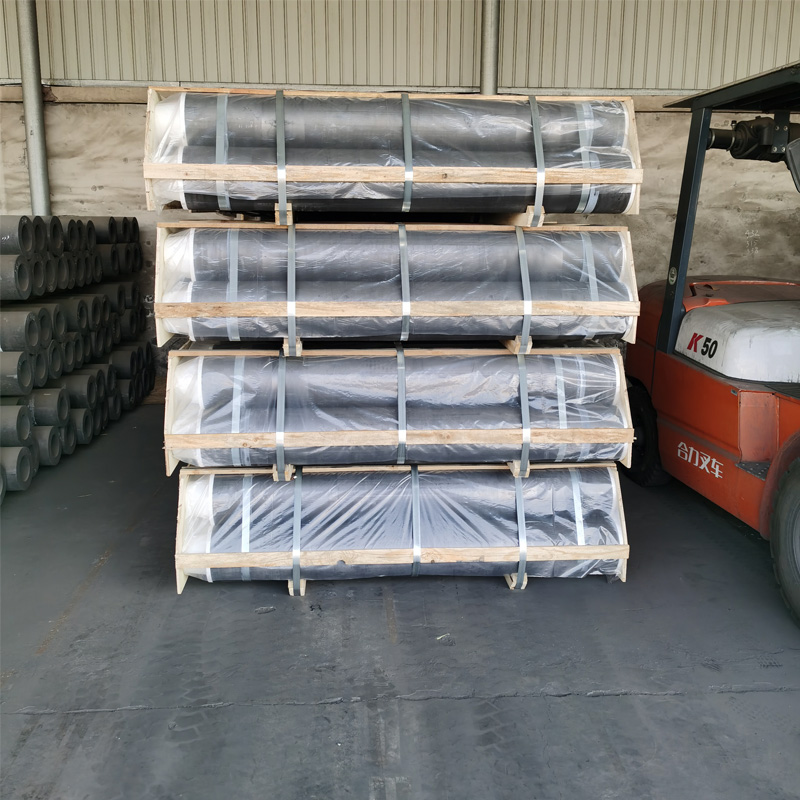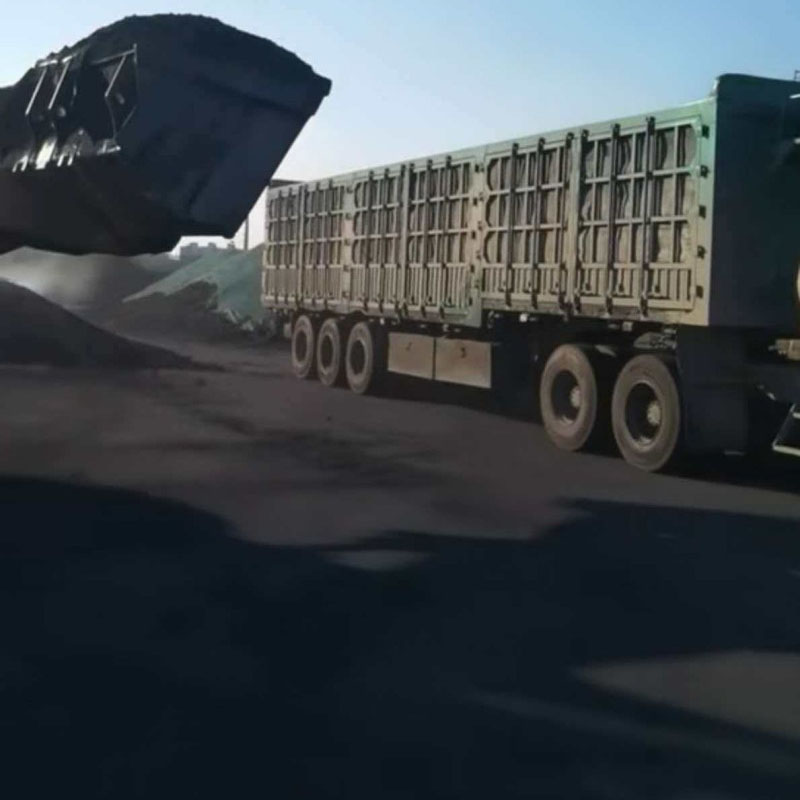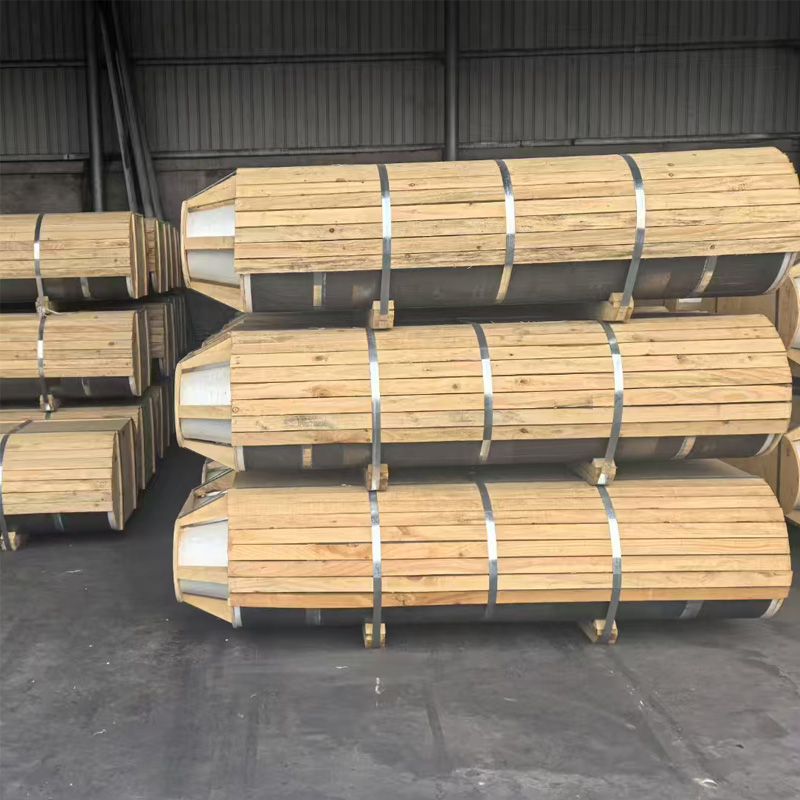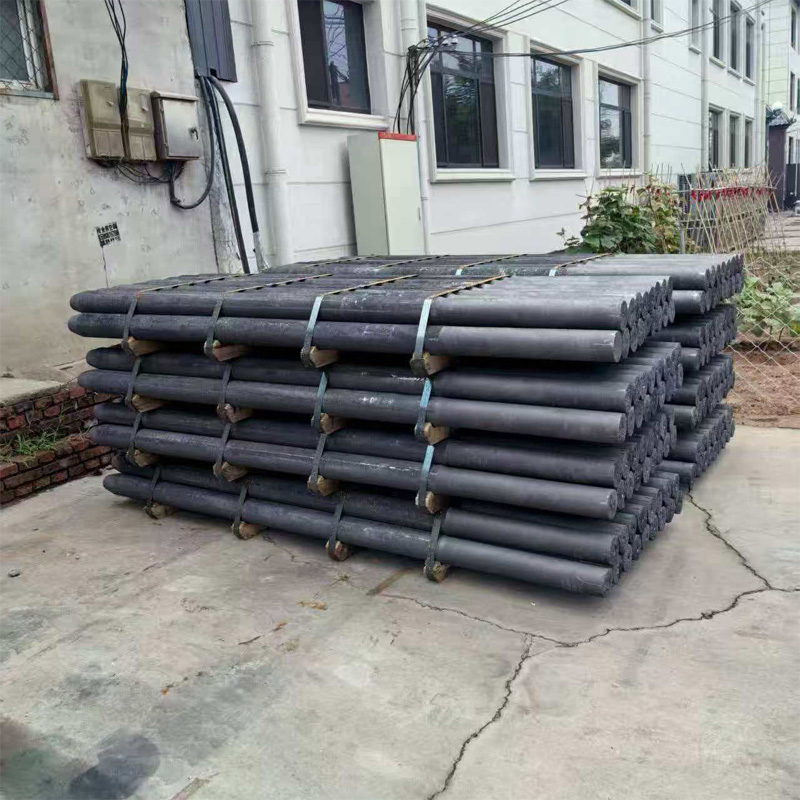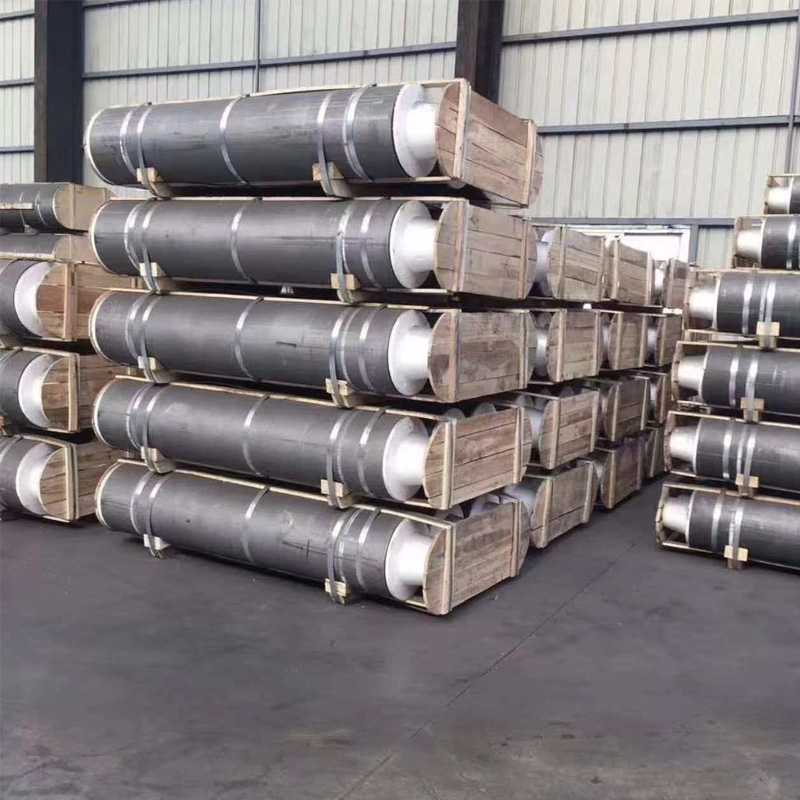- Chinese
- French
- German
- Portuguese
- Spanish
- Russian
- Japanese
- Korean
- Arabic
- Irish
- Greek
- Turkish
- Italian
- Danish
- Romanian
- Indonesian
- Czech
- Afrikaans
- Swedish
- Polish
- Basque
- Catalan
- Esperanto
- Hindi
- Lao
- Albanian
- Amharic
- Armenian
- Azerbaijani
- Belarusian
- Bengali
- Bosnian
- Bulgarian
- Cebuano
- Chichewa
- Corsican
- Croatian
- Dutch
- Estonian
- Filipino
- Finnish
- Frisian
- Galician
- Georgian
- Gujarati
- Haitian
- Hausa
- Hawaiian
- Hebrew
- Hmong
- Hungarian
- Icelandic
- Igbo
- Javanese
- Kannada
- Kazakh
- Khmer
- Kurdish
- Kyrgyz
- Latin
- Latvian
- Lithuanian
- Luxembou..
- Macedonian
- Malagasy
- Malay
- Malayalam
- Maltese
- Maori
- Marathi
- Mongolian
- Burmese
- Nepali
- Norwegian
- Pashto
- Persian
- Punjabi
- Serbian
- Sesotho
- Sinhala
- Slovak
- Slovenian
- Somali
- Samoan
- Scots Gaelic
- Shona
- Sindhi
- Sundanese
- Swahili
- Tajik
- Tamil
- Telugu
- Thai
- Ukrainian
- Urdu
- Uzbek
- Vietnamese
- Welsh
- Xhosa
- Yiddish
- Yoruba
- Zulu
- Kinyarwanda
- Tatar
- Oriya
- Turkmen
- Uyghur

-

UHP ultra high power graphite electrode
-
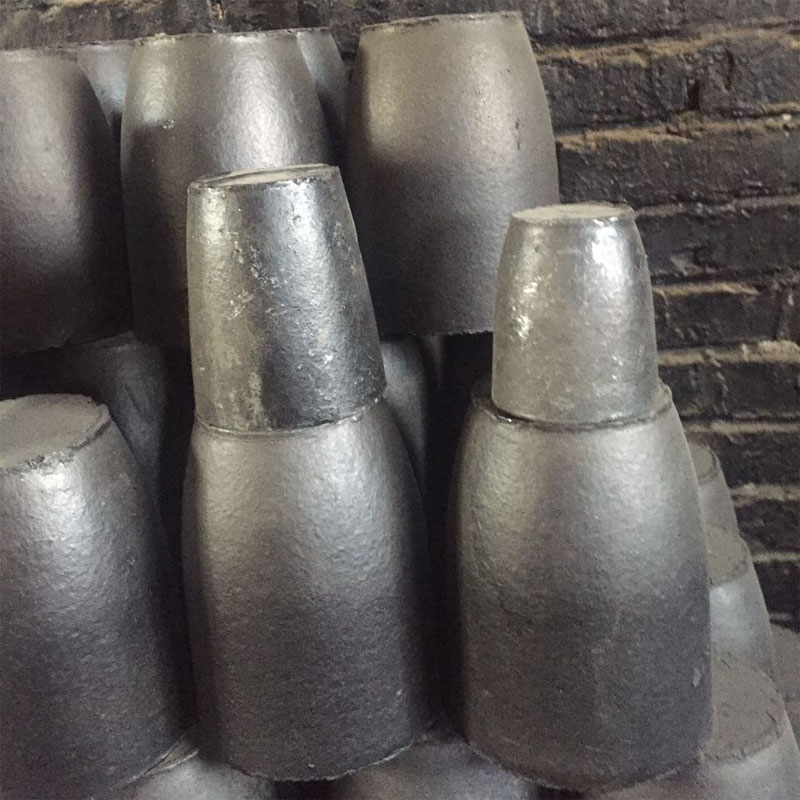
High-temperature resistant silicon carbide crucible, specially designed for melting aluminum and copper, corrosion-resistant and impact-resistant, direct from the manufacturer.
-
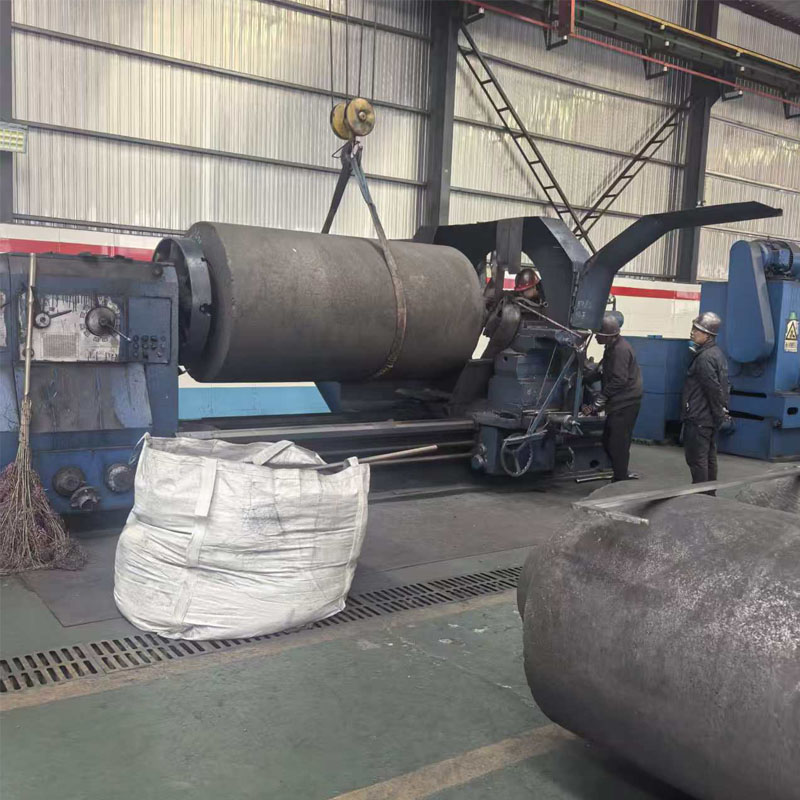
960 Graphite Electrodes – High Power, Ultra-High Power – Worldwide Shipping
-

HP high power graphite electrode
-

Graphite plate
-

High-power graphite electrodes, 600 mm diameter, for export.
-
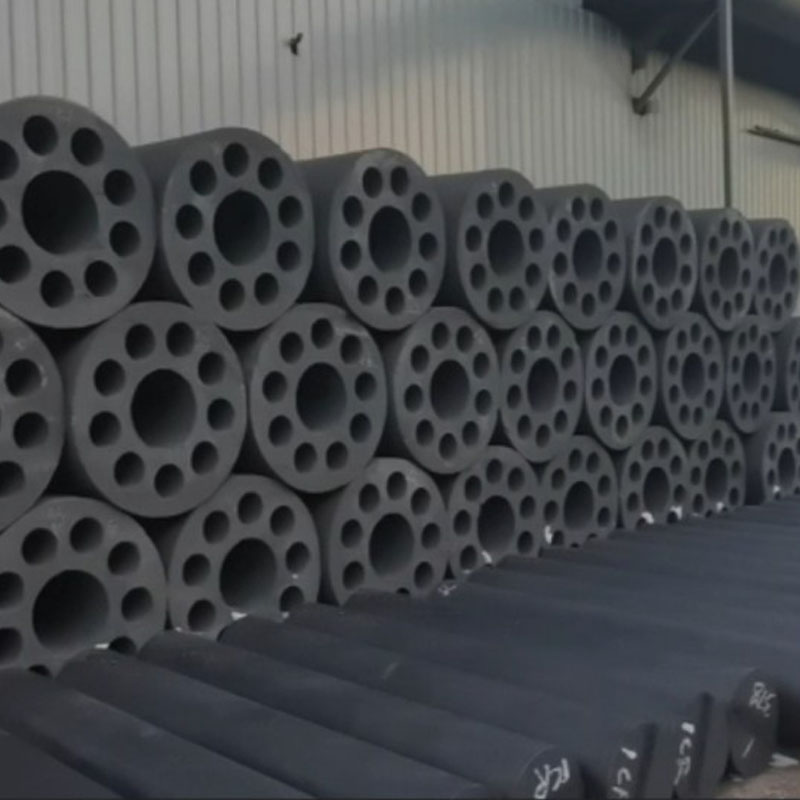
Nine-hole crucible specifically designed for negative electrode materials; features low impurity content, high temperature resistance, and compatibility with graphitization processes
-
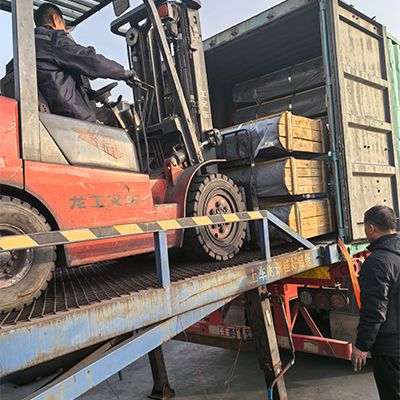
Factory direct sale! UHP ultra-high power electrodes, specifically designed for electric arc furnaces and refining furnaces.
-
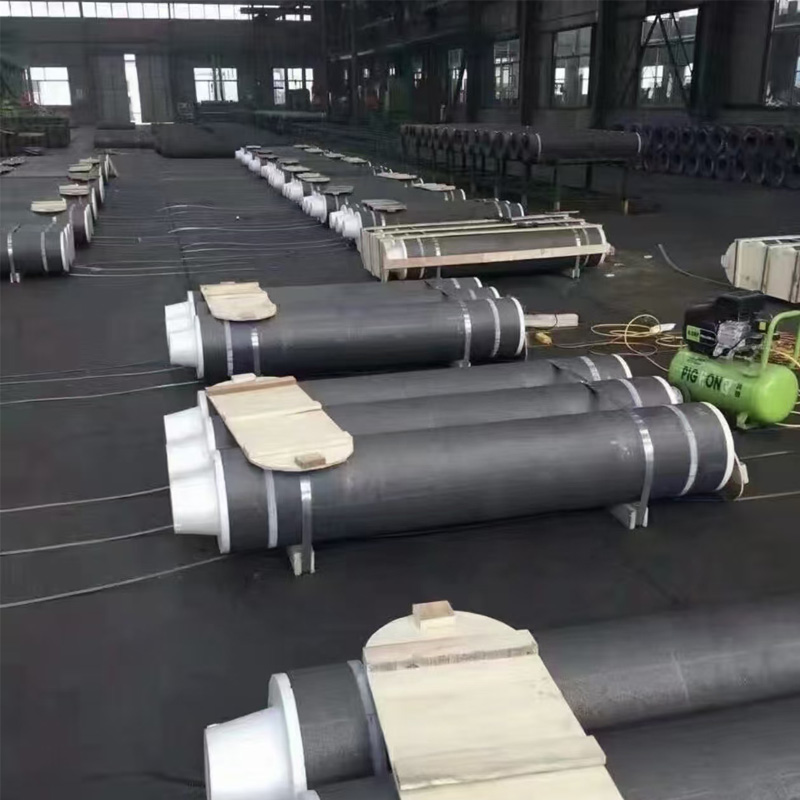
Full range of graphite electrodes: 450, 500, 550 mm sizes available, high-power and ultra-high-power options, all sizes in stock
-
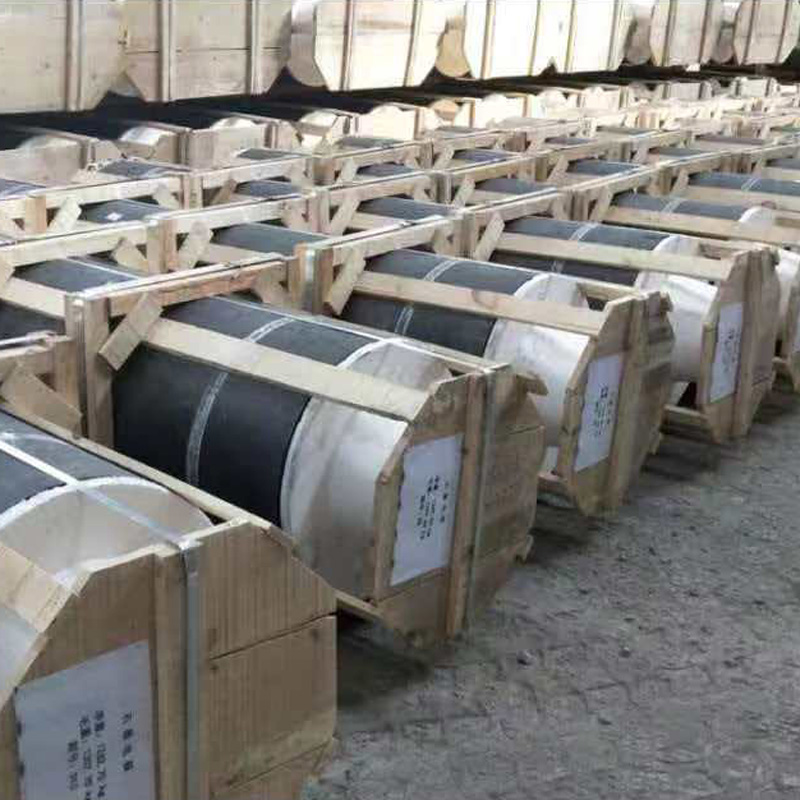
600mm ultra-high power graphite electrodes with high density and low resistance: setting a new benchmark for smelting efficiency
-
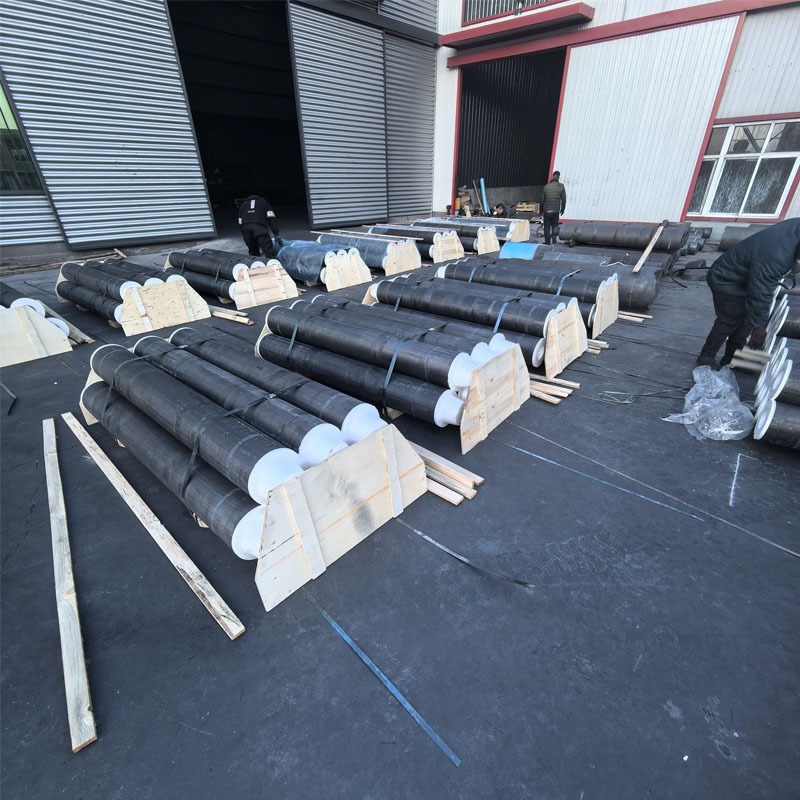
High-power graphite electrode rods, specifically for steelmaking and refining. In stock and ready for immediate shipment. Bulk orders receive discounted pricing.
-

Graphite Crucible
-

RP normal power graphite electrode
-
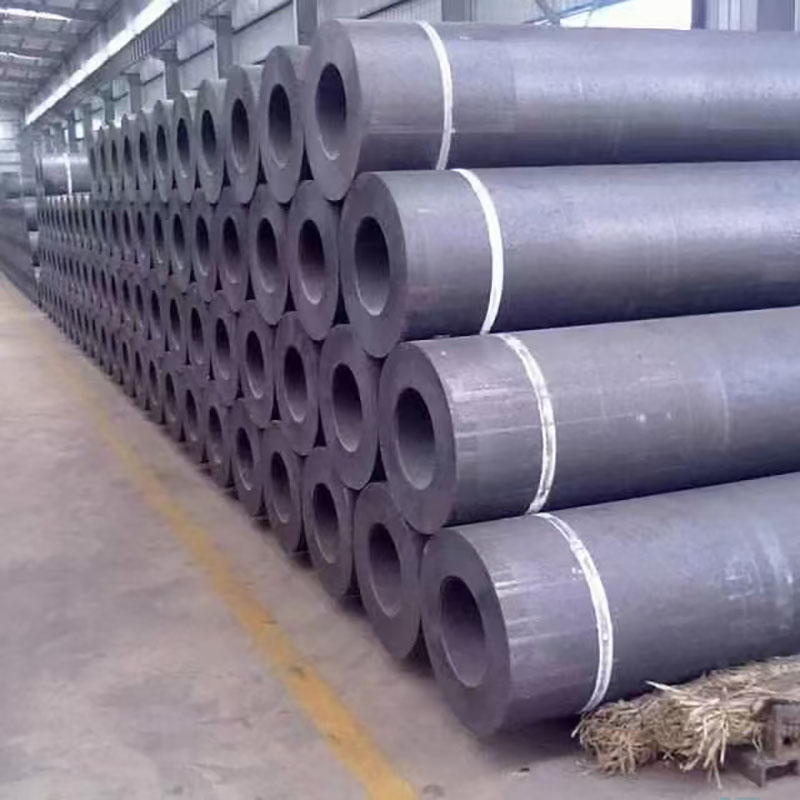
A supplier of graphite electrodes with a global distribution network.
-
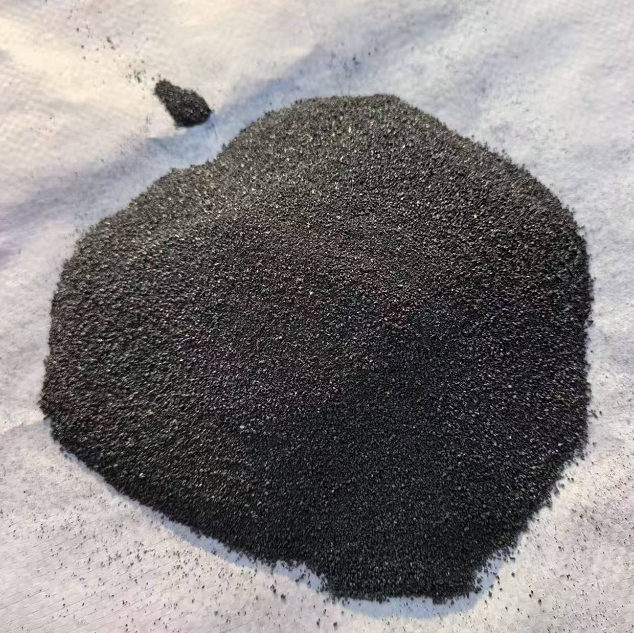
High-quality graphite powder available in stock, with a full range of specifications and customizable options.
-
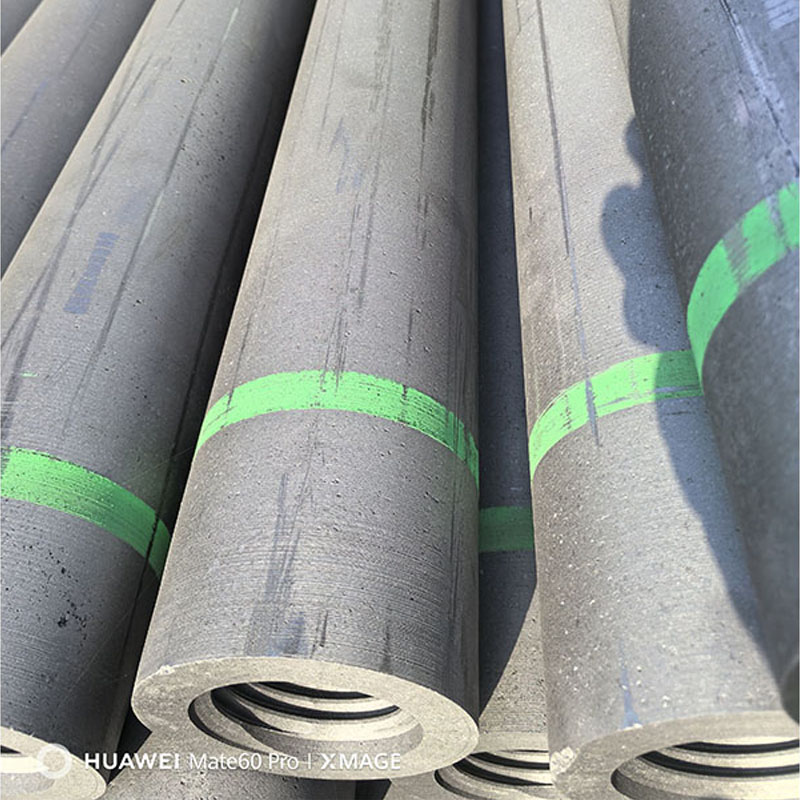
High-power graphite electrode anti-oxidation coating: high temperature resistance, wear protection, and extended electrode lifespan.
Granular carburizer
Granular carburizer Main ingredients •The main ingredient is carbon, which is usually made from processed petroleum coke, coal coke, etc. The carbon content of high-quality granular recarburizer can reach more than 95%, and it also contains a small amount of hydrogen, oxygen, nitrogen and othe...
Description
marker
Granular carburizer
Main ingredients
•The main ingredient is carbon, which is usually made from processed petroleum coke, coal coke, etc. The carbon content of high-quality granular recarburizer can reach more than 95%, and it also contains a small amount of hydrogen, oxygen, nitrogen and other elements as well as trace amounts of sulfur, ash and other impurities.
Appearance and structure
•Appearance: Granular, the particle size can be customized according to demand, common specifications are 1-3mm, 3-5mm, etc., the particle shape is relatively regular, the surface is relatively smooth.
•Structure: The interior has a porous structure, which increases the contact area with the metal liquid, which is conducive to the diffusion and dissolution of carbon during the carburization process.
Performance characteristics
•Rapid carburization: The granular form enables it to disperse quickly in the molten metal, fully contact with the molten metal, and increase the carbon content of the molten metal in a short time.
•High absorption rate: Due to the large specific surface area, under appropriate process conditions, the absorption rate of granular carburizer can usually reach 70%-90%, which can effectively utilize carbon resources and reduce carburization costs.
•Uniform composition: After fine processing and screening, the composition of granular carburizer is uniform and stable, which ensures the consistency of the carburization effect each time and is conducive to stabilizing product quality.
Application areas
•In steel production: used to adjust the carbon content of molten steel and molten iron, and produce steel and cast iron products with different carbon contents. For example, when producing high-strength alloy steel and stainless steel, granular carburizer is accurately added to adjust the carbon content to obtain good strength and corrosion resistance.
•In the foundry industry: it can improve the mechanical properties of castings, making castings have better strength, toughness and wear resistance, and is widely used in the production of various castings such as automotive parts and mechanical parts.






